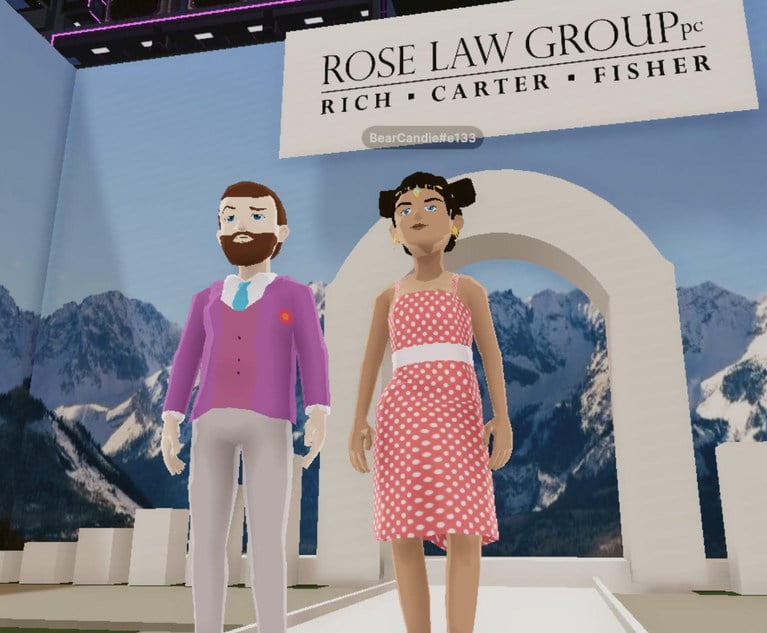When George H.W. Bush signed into law the Americans With Disabilities Act (ADA), which prohibits discrimination in “any place of public accommodation,” the internet barely existed. While, initially, people with physical handicaps sued restaurants, hotels and other businesses to force them to install wheelchair ramps and make other similar accommodations, a new trend has emerged.
Now, businesses are being sued under the ADA based on claims that their websites are places of public accommodation, and are not fully accessible to people with various impairments. Often, these lawsuits center on the fact that, although a visually impaired person can use a “screen-reader” to convert text on a website to audio, if there is no subtitle to a picture or image, such a user would have no way of knowing that a picture or image exists, let alone what it might be.
This content has been archived. It is available through our partners, LexisNexis® and Bloomberg Law.
To view this content, please continue to their sites.
Not a Lexis Subscriber?
Subscribe Now
Not a Bloomberg Law Subscriber?
Subscribe Now
LexisNexis® and Bloomberg Law are third party online distributors of the broad collection of current and archived versions of ALM's legal news publications. LexisNexis® and Bloomberg Law customers are able to access and use ALM's content, including content from the National Law Journal, The American Lawyer, Legaltech News, The New York Law Journal, and Corporate Counsel, as well as other sources of legal information.
For questions call 1-877-256-2472 or contact us at [email protected]


 President George Bush signs the Americans with Disabilitites Act in the White House Rose Garden, July 26, 1990.
President George Bush signs the Americans with Disabilitites Act in the White House Rose Garden, July 26, 1990.







